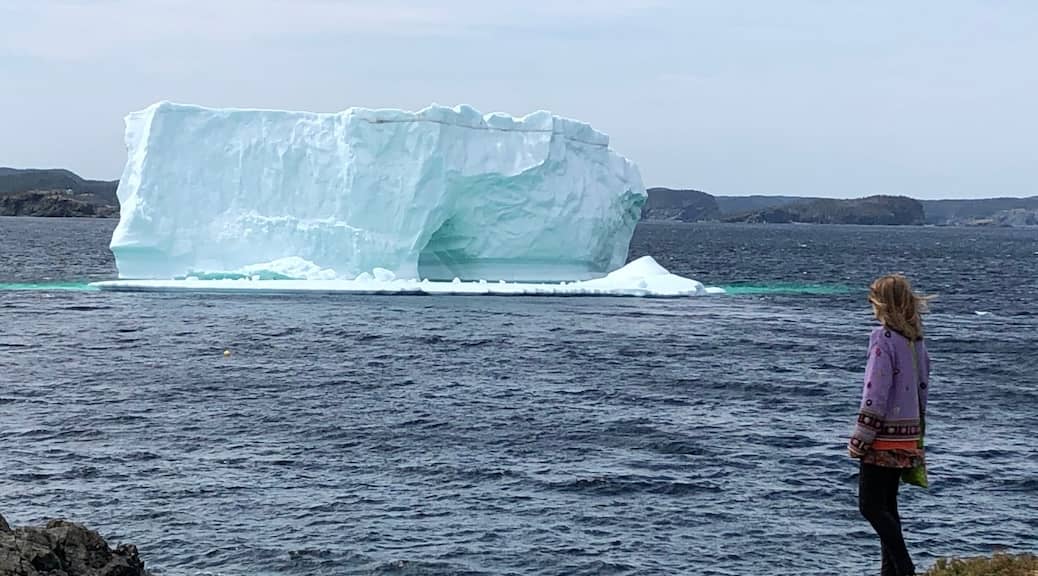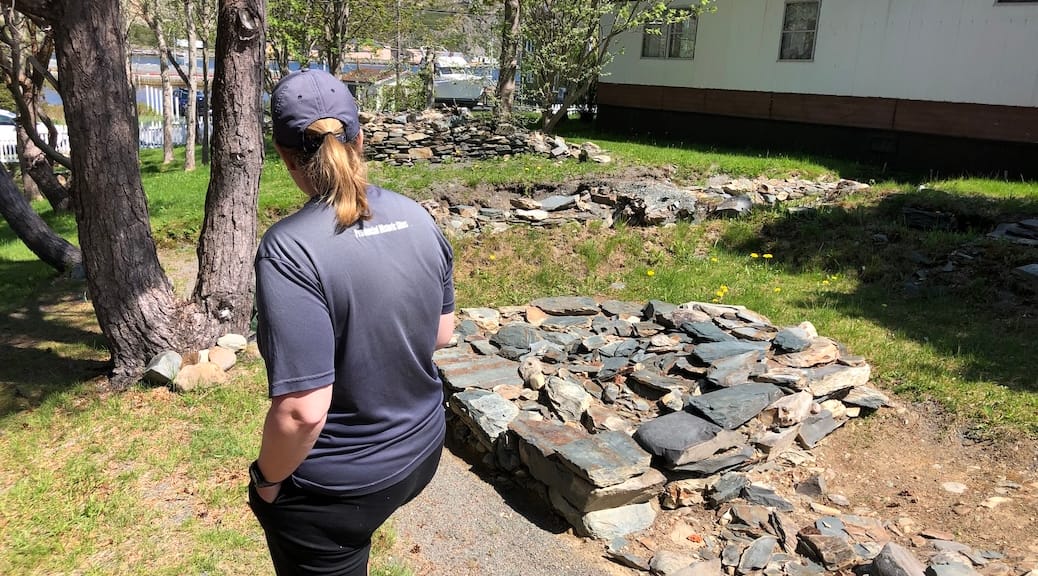
In response to people who do not believe climate change is a real issue—and to those who think we should eliminate all long-distance tourism.
A Personal Journey Amid Crisis
I am in the midst of my third trip across Canada.
We are living in a society that appears to be critically damaging the lives of future generations through a combination of overconsumption and the overproduction of greenhouse gases. This is not just a policy issue—it’s a moral one. I see the signs of global warming all around me—and they are getting worse.
Continue reading Should We Still Travel? Reflections from a Warming Canada







